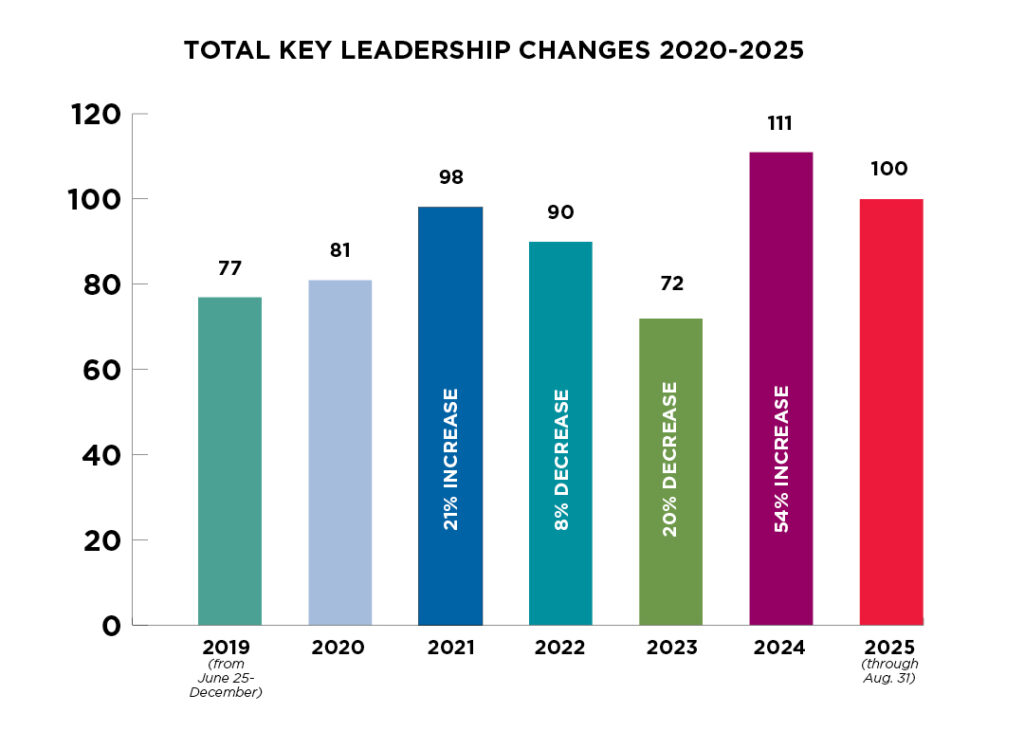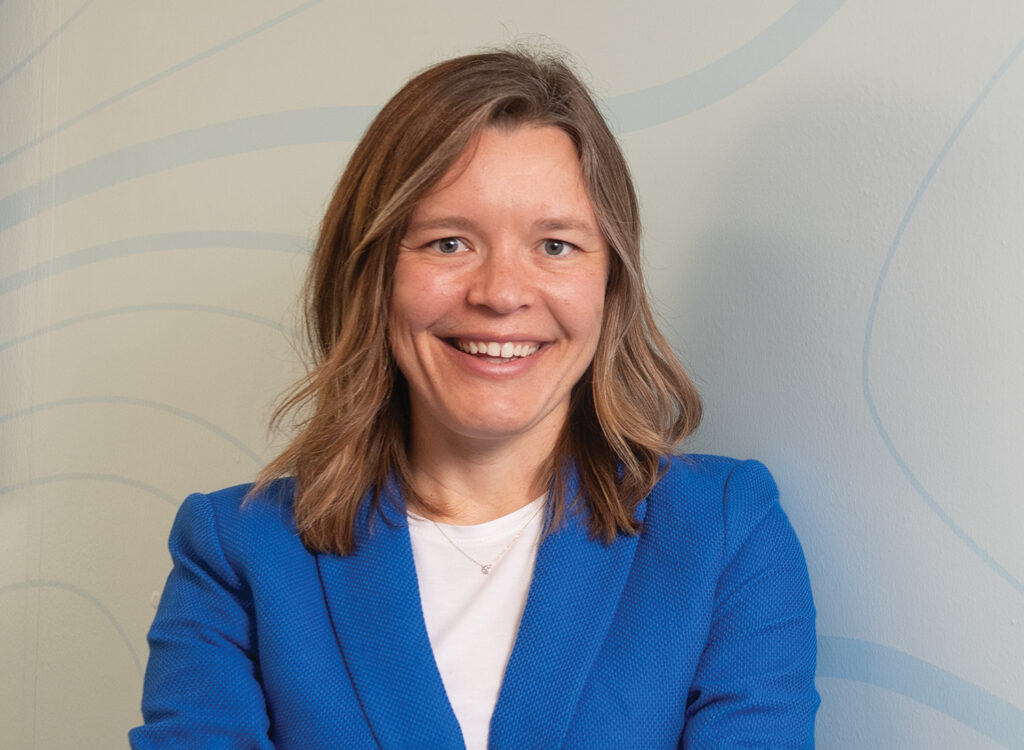A Closer Look: Kevin Vermeer
Incoming CEO, UnityPoint Health

JOE GARDYASZ Nov 20, 2015 | 12:00 pm
4 min read time
930 wordsBusiness Record Insider, Health and WellnessKevin Vermeer was named president and chief strategy officer of UnityPoint Health in March and will succeed CEO Bill Leaver upon his retirement in January 2016. Vermeer was named executive vice president and chief financial officer of UnityPoint Health, formerly Iowa Health System, in 2009, and in 2012, he added the title of chief strategy officer. A certified public accountant, Vermeer has more than two decades of experience managing financial operations for leading health care organizations, including eight years as CFO for two UnityPoint Health hospitals: Trinity Regional Health System in Rock Island, Ill., and Allen Memorial Hospital in Waterloo. Based in West Des Moines, UnityPoint Health provides care in nine large regions of Iowa, Illinois and Wisconsin and is the 13th largest U.S. nonprofit health system, with annual revenues of $3.7 billion.
What led you to the health care field?
It was when I was in public accounting in Colorado Springs with Deloitte. I did a lot of accounting for nonprofit organizations, including hospitals, and I really liked it. I got into the decision-support area on the hospital side (of the industry) and just worked my way up from there.
What are some of your responsibilities as chief strategy officer, and how will your role as CEO be different?
The chief strategy officer role gave me a broad perspective on the organization. One of the things that I did was lead our growth strategy, so I was out meeting with other organizations that we had acquired. It was a lot of facilitation of strategy with regional CEOs, and a lot of merger and acquisition and growth as well as marketing and IT. There were a lot of functional responsibilities with that role. The CEO role will be much more a leadership role and involvement with community activities.
What motivates you as a leader?
A strong motivator for me is helping people. That’s why I love being in health care and working with health care professionals. It’s also helping people with their careers and helping them to grow in the organization, and certainly it’s about providing a great health care community and being around long-term for those we serve.
What do you feel some of your most significant accomplishments have been?
There are a lot of things that I’m proud of that we’ve done as an organization. We had not had major growth in our organization for about 12 years until we had the addition of Methodist in Peoria and a couple of years later with Meritor in Madison. But more importantly, building the relationships with those organizations and working through the integration with those organizations was very rewarding.
What do you see ahead for UnityPoint Health’s growth?
I would say there’s likely to be more consolidation in the system. It’s likely to get a bigger footprint, and some of those (additions) may look larger than we’ve seen in the past. We could see more pure joint ventures and joint operations that are short of full affiliations. I think we’ll see more partnership opportunities, whether they’re in the insurance or provider spaces. We’re still very open and looking to grow. We want to stay in the Midwest; that’s our sweet spot. Des Moines is our largest market right now; we don’t see ourselves in major urban markets like Chicago.
Could you see UnityPoint Health being acquired?
I don’t see that; I think we have enough scale on our own. Down the road, there is always the potential we may partner with another system like ours to lower overhead costs and provide better services to our communities, but it’s not something that’s really on our radar at this point.
Are accountable care and coordinated care models making a difference yet in improving quality, lowering costs?
From my perspective, we are starting to gain traction. It’s really a closely aligned network of providers that seamlessly coordinate care. I think that emphasis is starting to drive higher quality and higher satisfaction, and is starting to bend the cost curve a little bit. We are starting to see progress. I think we have a long way to go to create that high-value proposition for patients in our community.
Who were your mentors, and what difference did they make in your career?
I’ve had two real strong mentors in my lifetime. My father was a strong mentor for me; he owned his own architectural business. He always had great work-life balance, and he always made time to come to our activities. And Bill Leaver has been a great mentor for the past 12 years. He has great vision and direction, but lets you carry that out. He really has a strong emphasis on developing talent in the organization and succession planning. That’s a strong focus for us. We invest a lot in the talent development side, and I’m a product of that — I’ve been here 15 years and have been able to progress through the roles.
What do you like to read?
I tend to read more when I’m on vacation. I go back and forth between leadership and business books, but also like to intersperse that with various histories, especially about World War I and II, along with fiction. The most recent book I’ve read is “The One Thing: (The Surprisingly Simple Truth Behind Extraordinary Results)”.
What do you enjoy doing on weekends?
For us right now, we’re big Nebraska supporters — we’re season ticket holders for football and basketball. And our eighth-grader is heavy into basketball and baseball, so we spend a lot of time at gyms right now.










